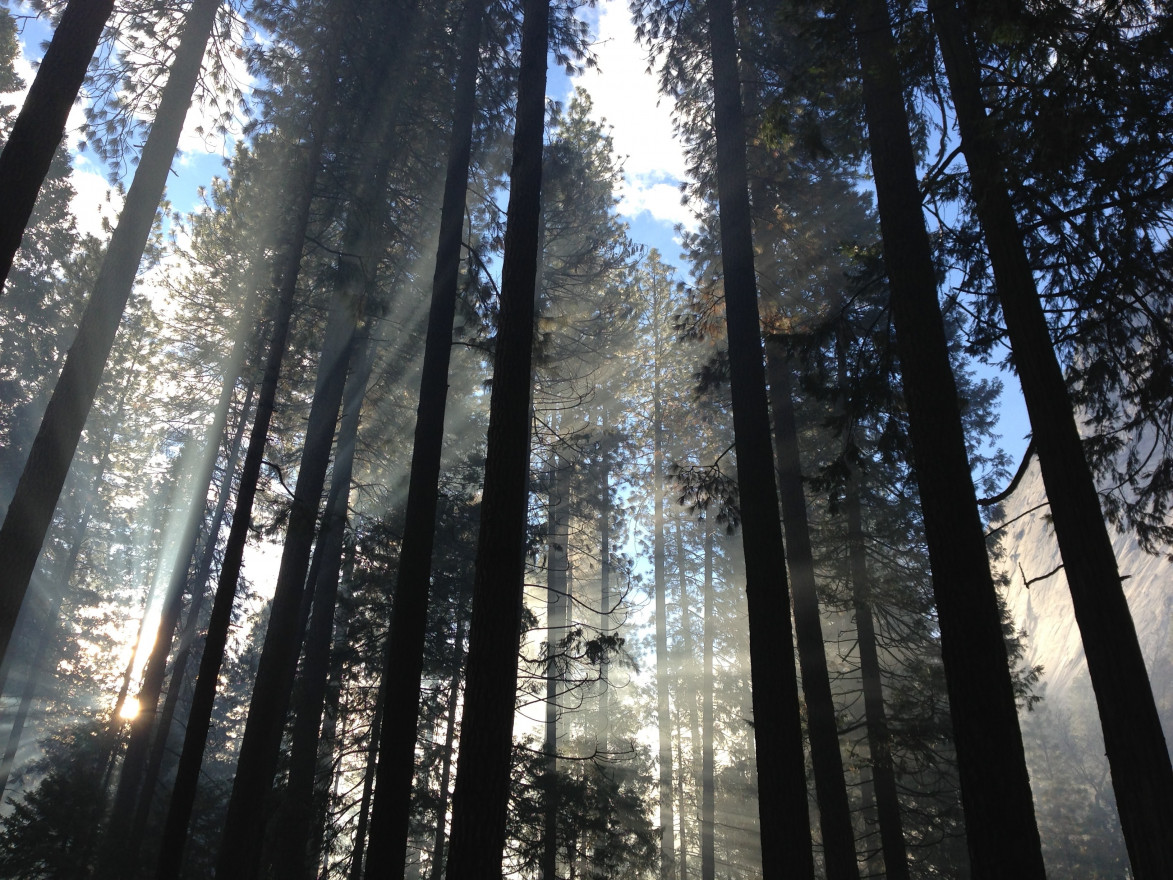
(Mike Petrucci/Unsplash)

(Mike Petrucci/Unsplash)
Today is day eight of COP26, and today’s schedule has no official theme, so our articles today will focus on a topic that spans almost every day of the conference: Indigenous peoples’ knowledge, experiences, and solutions to climate change.
Indigenous peoples to get $1.7 billion in recognition of role in protecting forests. This pledge is part of an ambitious goal to reverse forest loss and land degradation by 2030, and was announced one week ago on the first day of COP26. Learn more about the motivations and results of this historic moment.
Indigenous communities are at the forefront of climate resilience. A chair of the Pawanka Fund says that “Indigenous knowledge includes the interrelationship between human being, Mother Earth, and cosmos.” Learn what this means and why Indigenous people are so essential to climate change resilience.
The disproportionate impact of climate change on Indigenous communities. Explore why some of the communities that contribute the least to climate change are the most impacted, and why their voices need to be heard.
Indigenous territories fight climate change. Read this quick Q&A with a researcher about the results of her study examining the importance of Indigenous Territories in climate change mitigation across Panama and the Amazon Basin.
What western society can learn from Indigenous communities, detailed in this essay from the opinion section of The New York Times (note: this site is subscription only). Learn about how the New Zealand government is embracing Indigenous knowledge, how this can improve the management of ecosystems and natural resources, and the global implications.
Check back tomorrow for more info on what is being explored at COP26 — and good reads to keep you informed!